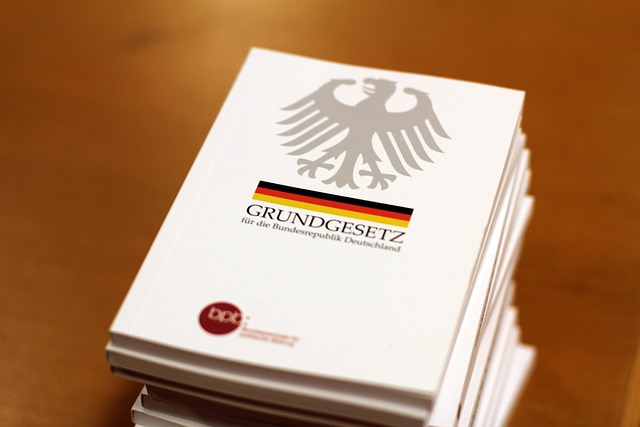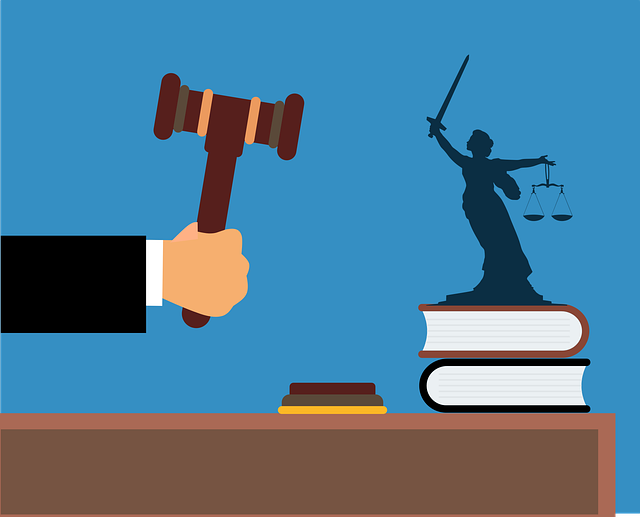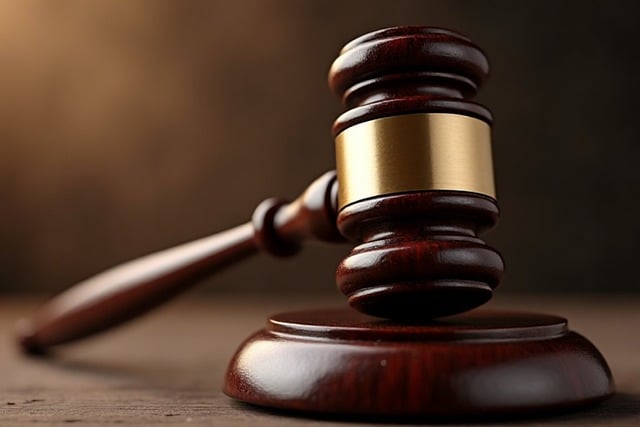In personal injury cases, expert testimony plays a pivotal role in determining fair compensation (personal injury damages). Qualified experts provide specialized knowledge on complex medical conditions, future care needs, and economic losses. Their analyses range from assessing physical impairments to evaluating earnings losses due to incapacitation. This multi-step process involves an attorney retaining the expert, preparation of a detailed report, testimony under oath, and cross-examination. Ultimately, these specialists ensure that personal injury damages accurately reflect healing costs, rehabilitation expenses, lost wages, and pain suffered (personal injury damages), facilitating justice for victims.
In personal injury cases, expert testimony plays a pivotal role in determining fair compensation. Understanding and interpreting complex medical and economic data is crucial for accurately valuing damages. This article delves into the process of delivering and evaluating expert opinions, highlighting their impact on injury damage assessment. From understanding intricate medical diagnoses to quantifying lost earnings and pain and suffering, expert testimonies ensure that victims receive just compensation for their injuries, navigating the legal landscape towards a more equitable outcome.
- Understanding Expert Testimony in Personal Injury Cases
- The Process of Delivering and Evaluating Expert Opinions
- Impact on Injury Damage Valuation and Fair Compensation
Understanding Expert Testimony in Personal Injury Cases

In personal injury cases, expert testimony plays a pivotal role in determining the value of damages. It involves the presentation of specialized knowledge and opinions by qualified experts to assist the court or jury in reaching a fair and accurate decision. This is particularly crucial when assessing complex medical conditions, future care needs, and economic losses associated with significant injuries. Experts can provide insights into the extent of physical impairments, range of motion limitations, and the potential for long-term recovery, all of which are essential factors in calculating personal injury damages.
Understanding expert testimony requires recognizing its diverse applications. From medical experts who assess the severity of injuries and their impact on a client’s quality of life to economic specialists who analyze past and future earnings losses due to incapacitation or disability, these professionals offer impartial analyses that transcend mere layperson understanding. Their contributions help resolve partnership disagreements in legal battles where the stakes are high, such as in cases of nursing home abuse, ensuring that victims receive a client recovery commensurate with their suffering and circumstances.
The Process of Delivering and Evaluating Expert Opinions

The process of delivering and evaluating expert opinions is a critical phase in personal injury damages cases. Experts are often called upon to provide insights into complex matters that lie outside the typical understanding of laypeople. In such scenarios, an expert witness shares their specialized knowledge and experience to aid the court or tribunal in reaching a fair and just decision. This involves several steps: first, the attorney retaining the expert identifies relevant issues and prepares a detailed brief outlining the questions to be addressed. Next, the expert reviews case materials, conducts necessary research, and prepares a comprehensive report detailing their findings and conclusions.
During the trial or hearing, the expert testifies under oath, presenting their report and explaining their methodologies and conclusions clearly. Their testimony is subject to cross-examination by opposing counsel, who may challenge the expert’s qualifications, methods, or interpretation of facts. The evaluating body—whether a judge or jury—must consider the expert’s credentials, the methodology employed, the supporting evidence, and the rationality of the opinions offered to determine their weight and reliability in the context of the specific case, which could involve issues like real estate litigation, insurance coverage disputes, or defective products.
Impact on Injury Damage Valuation and Fair Compensation

Expert testimony plays a pivotal role in personal injury damages cases, significantly influencing the valuation and fair compensation for victims’ injuries. When it comes to complex or specialized areas like nursing home abuse, real estate litigation, or auto accident injuries, understanding the nuances of these fields is crucial for determining the extent of harm and consequent reparations.
These experts, often with extensive knowledge in medical, legal, or industry-specific domains, provide insights that may not be readily apparent to laypersons. Their evidence helps juries or judges assess the severity of injuries, the long-term impact on victims’ lives, and the reasonableness of requested damages. This ensures that compensation reflects the true cost of healing, rehabilitation, lost wages, and pain suffered, ultimately fostering a sense of justice for those injured through no fault of their own.
Expert testimony plays a pivotal role in personal injury cases, significantly influencing the valuation of damages and ensuring fair compensation. By providing specialized knowledge and insights, experts help courts navigate complex medical and economic issues. Through rigorous evaluation of evidence and application of established methodologies, their opinions contribute to accurate assessments of loss. Understanding this process is essential for both legal professionals and claimants to grasp how expert testimony shapes outcomes in personal injury litigation, ultimately advocating for just rewards for those affected by harm.






